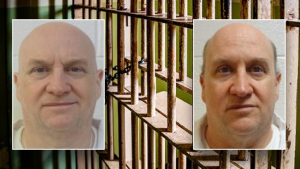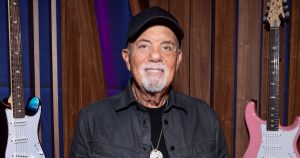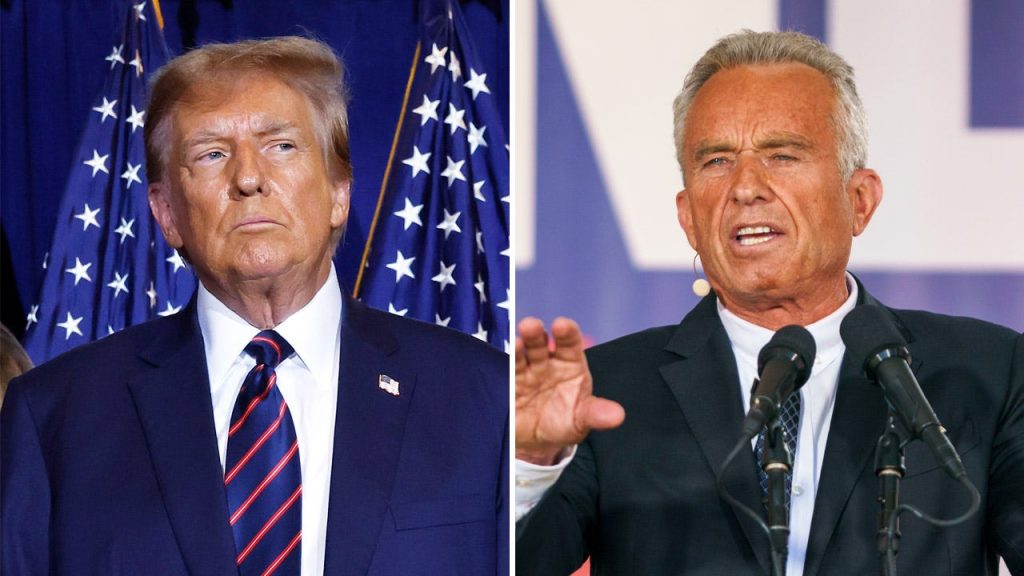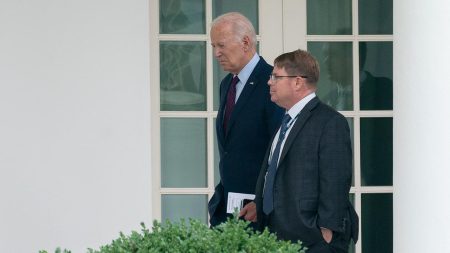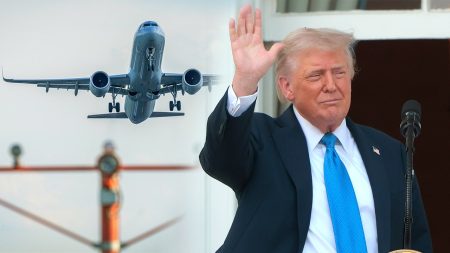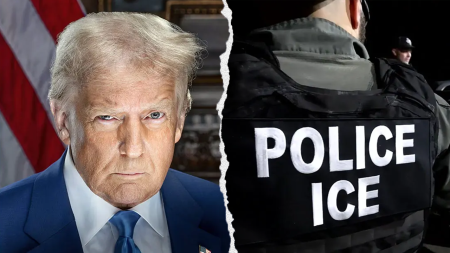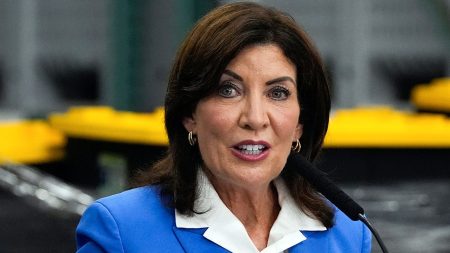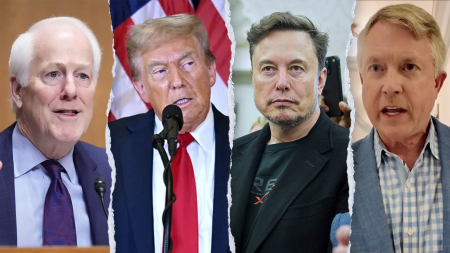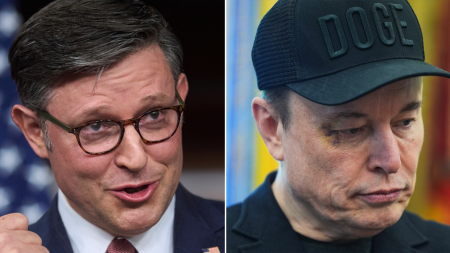The prospective nomination of Robert F. Kennedy Jr. to head the Department of Health and Human Services ignited a firestorm of controversy, primarily fueled by his well-documented skepticism towards vaccines. A New York Times report amplified these concerns, revealing that a lawyer assisting Kennedy with departmental staffing had previously petitioned to halt the distribution of thirteen vaccines, including the polio vaccine, while working for the Informed Consent Action Network. This revelation immediately sparked widespread condemnation, with figures like Senate Minority Leader Mitch McConnell voicing alarm over efforts to undermine public trust in established medical practices. The ensuing speculation about a potential ban on the polio vaccine under a Trump administration reached a fever pitch, prompting the President-elect himself to address the issue directly.
President-elect Trump unequivocally denied any intention to ban the polio vaccine, assuring the public that such a measure was not under consideration. He emphasized his personal connection to the issue, citing friends who had suffered from polio and highlighting the transformative impact of the vaccine in eradicating the disease. While seeking to quell anxieties about the vaccine’s future, Trump simultaneously expressed a desire for Kennedy to conduct a thorough review of the vaccine and its effects. He underscored his belief in Kennedy’s rationality and assured the public that any decisions regarding vaccines would be made deliberately and with careful consideration. Trump reiterated his commitment to maintaining access to the polio vaccine, emphasizing the importance of its continued availability.
Despite these reassurances, Trump’s remarks also introduced a new layer of complexity to the vaccine debate. He voiced concerns about the escalating rates of autism in the United States, a topic Kennedy has previously linked to vaccines, albeit without conclusive scientific backing. This connection, though speculative, injected further uncertainty into the discussion, raising questions about the direction of vaccine policy under the new administration. While forcefully denying the possibility of a polio vaccine ban, Trump’s simultaneous expression of concern about autism rates and his request for a Kennedy-led review of the polio vaccine left room for interpretation and continued speculation.
A Trump transition team spokesperson attempted to clarify Kennedy’s stance, stating that he supports the availability of the polio vaccine while also advocating for further research and study. This statement aimed to strike a balance between acknowledging Kennedy’s known skepticism and reassuring the public that access to the vaccine would remain uninterrupted. However, it also underscored the potential for tension between Kennedy’s personal views and established scientific consensus on vaccines. This ambiguity further fueled public debate and left many wondering about the future direction of vaccine policy under the incoming administration.
The controversy surrounding Kennedy’s nomination highlighted the deep divisions and anxieties surrounding vaccine safety and efficacy. While public health officials and medical experts largely support widespread vaccination as a crucial public health measure, a vocal minority continues to express concerns about potential adverse effects. Kennedy’s nomination brought these tensions to the forefront of public discourse, forcing a national conversation about the balance between individual choice and public health imperatives. The incident also underscores the importance of clear and transparent communication from public officials regarding scientific issues, particularly in an era of rampant misinformation and online conspiracy theories.
The confluence of Trump’s denial of a polio vaccine ban, his expressed concern about autism rates, and Kennedy’s known vaccine skepticism created a complex and multifaceted narrative. This situation highlighted the challenges of navigating politically sensitive scientific issues and the importance of evidence-based decision-making in public health policy. The episode served as a stark reminder of the power of misinformation and the critical need for clear communication from trusted sources to maintain public confidence in established medical practices. The ongoing debate surrounding vaccines and their potential risks and benefits underscores the need for continued research, transparent dialogue, and a commitment to evidence-based decision-making to ensure public health and safety.
